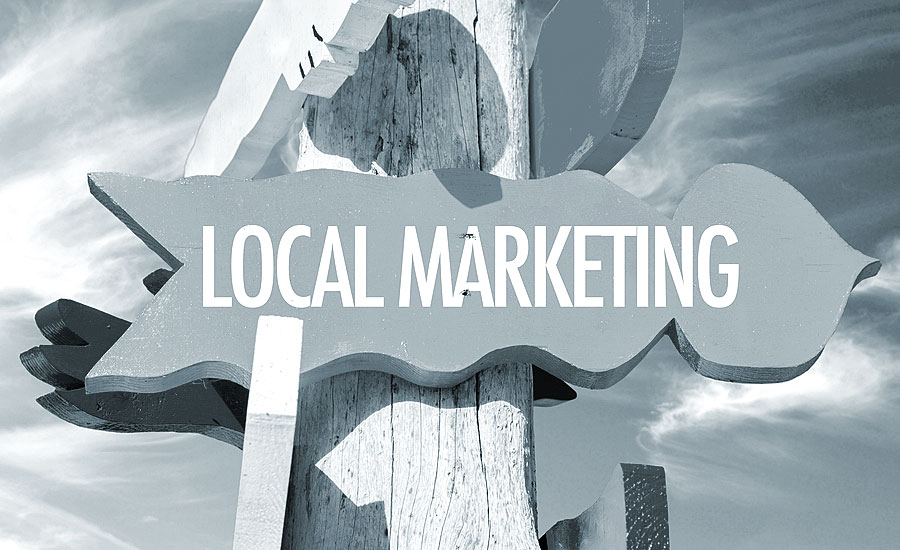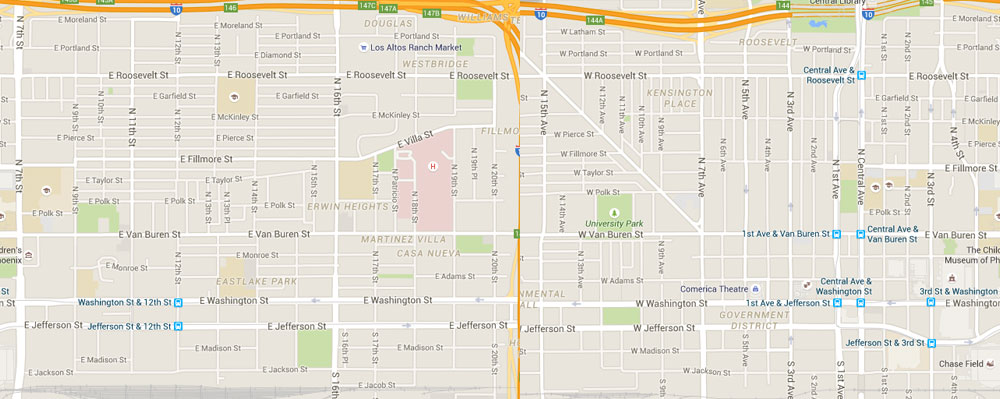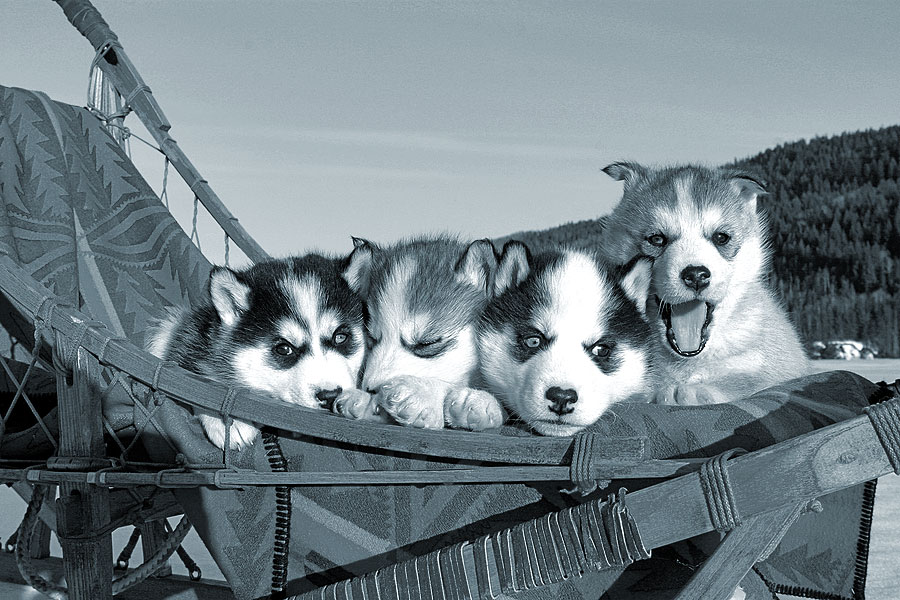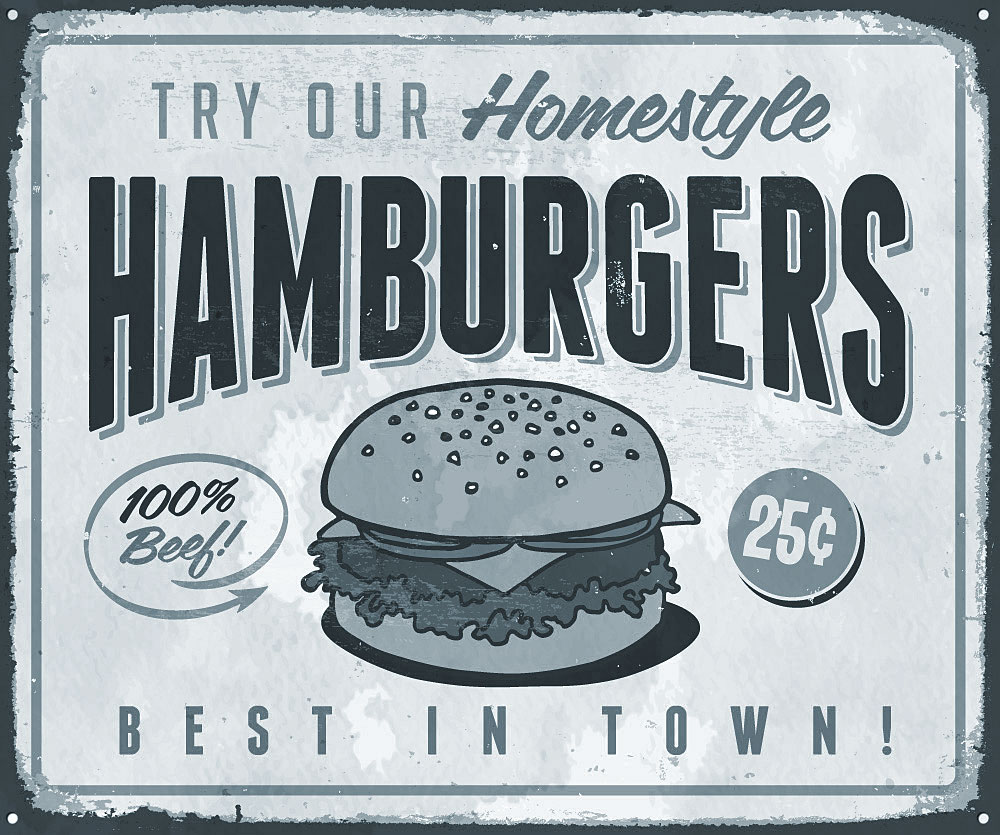
20 Vital Tips for Startups
Let’s go over 20 essential tips for startups and SMEs that are looking to improve their local marketing reach. Local marketing affords opportunities for small companies to be heard and to attract an audience. Local marketing is competitive, but the following tips and tricks will help ensure that you’re ready to compete.
- 1. Create (or claim) Your Google My Business Page- Google takes their My Business pages very seriously. Make sure you’re in control of yours. This page brings together reviews, business details, and social shares together for searchers to view.
- 2. Make Sure Your Physical Location Is on Street View Trusted- With Street View Trusted, photographers can provide great photos for Google users to find.
- 3. Build a Facebook Page- Facebook pages require quite a bit of attention, but they are worth it. With well over a billion users, Facebook is a great way to draw attention.
- 4. Set Up a Yelp listing- Yelp is popular among people looking for great restaurants and other local businesses. You can also provide essential details to users, such as business hours.
- 5. Find EVERY Unclaimed Listing- There are tons of listing and review websites out there. Your business may already be listed on them. Make sure that you claim or put up your business on every listing.
- 6. Think Local, Act Local with Publications- Most communities are serviced by a variety of local blogs, newspapers, and other publications. Reach out to them; offer some sample services or goods.
- 7. Build a Good Hook With a Great CTA- A “call-to-action” or CTA is perhaps the most important part of any website or social media effort. Make sure your CTA’s are compelling. Consider offering a 10% off coupon, for example, for signing up for a mailing list.
- 8. Be Professional with Your Photos- Skip dated looking and poorly shot photos. They leave a very bad impression. A great photo, on the other hand, could compel customers to visit. Make sure people know you’re real and really good as well.
- 9. Keep Your Website and Social Assets Up-To-Date- Your brand, logos, and everything else should be consistent. Same with your opening hours, menu prices, location, phone number, and everything else. Make sure every asset displays the correct and most up-to-date info.
- 10. Make Sure Your Website is Mobile Ready- More than half of all web traffic comes from mobile. If you don’t have a mobile-friendly website, you’re likely missing out on much of this traffic.
- 11. Optimize Your Meta Titles with Geo Data- Meta titles signal to search engines what your website is about. Make sure these meta titles contain local geographical data, like “Best Brunch in Midtown, Atlanta.”
- 12. Ask Loyal and Satisfied Customers to Leave Reviews- Reviews are king and good reviews can generate a lot of traffic, and we’re not talking about “just” web traffic but also sales. Ask your most loyal customers. Offer them a discount in exchange if they need to be compelled.
- 13. Be a Local Sponsor- Check out local business events, non-profits, sports camps and leagues, and everything else to see about sponsorship opportunities. Being a sponsor of an event, team, or whatever else, can generate a lot of publicity and often, these groups will share on social media as well.
- 14. Email Is Still Very Effective- A simple email campaign can go a long way. Let’s say you set up an online ordering system for your products or services. Offer the customers a discount in exchange for subscribing to your email newsletter. Then send them the occasional update, perhaps with a coupon or offer.
- 15. Know the Schema Markup- Google pays close attention to your schema markup. Make sure you understand how it works and what it means for your business.
- 16. Get Friendly with Local Businesses- Not every local business is a competitor. Get to know other local businesses to see if there’s a way to partner up.
- 17. Build Up a Wikipedia Page- Wikipedia is often one of the top results in any search. Make sure your business has a page and that it is detailed, accurate, up-to-date, and well-written.
- 18. Set Up a Blog- Blogs can require a lot of time. However, they are very important for “search engine optimization” (SEO). This means appealing to search engines. A regularly updated blog can make a world of difference when it comes to determining your search engine ranking (SER).
- 19. Host Events at Your Business- Let’s say you own a coffee shop. Why not reach out to local book clubs to host them? Or perhaps a scrapbooking club or chess group? Offer a discount, say 25%, to any of their members for that event. Set aside a secluded area for groups to chat or go about their activities.
- 20. Try, Then Try Again- We’re going to close out this tip list by acknowledging a simple fact: marketing requires a lot of repeated effort and quick results are rare. Whatever marking efforts you implement, you must be consistent and patient if you want to see results.















